According to the VNA special correspondent, continuing the activities in the series of ASEAN Summits with partners, on the morning of October 27, Prime Minister Pham Minh Chinh, along with leaders of ASEAN countries, China, Japan, and South Korea, attended the 28th ASEAN+3 Summit at the Kuala Lumpur Convention Centre.
The Director of the ASEAN+3 Macroeconomic Research Office (AMRO) and the Chairman of the East Asia Business Council (EABC) attended the Conference as guests of the Chairman.
The countries assessed that since its establishment in 1997, ASEAN+3 has become an important cooperation mechanism with a focus on developing regional economic, financial, and development safety nets. The meeting noted that the implementation of the ASEAN+3 Work Plan for the period 2023-2027 has reached 62%.
The implementation of the Multilateralization of the Chiang Mai Initiative (CMIM) is helping to strengthen the regional financial safety net. AMRO is increasingly playing a role in supporting countries in developing macroeconomic stability policies. The ASEAN+3 Emergency Rice Reserve Fund (APTERR) has become a tool to promote food security in the region.
Leaders of ASEAN+3 countries emphasized that in the context of global and regional instability, ASEAN+3 cooperation needs to further affirm its role as a key driving force in promoting cooperation, creating a favorable environment to maintain growth momentum in East Asia, responding promptly and effectively to challenges, and enhancing resilience to shocks within and outside the region.
Speaking at the Conference, the leaders of China, Japan, and South Korea emphasized the theme of "Inclusiveness and Sustainability," the role of ASEAN in promoting growth and development in the region, and pledged their support for realizing the ASEAN Community Vision 2045, implementing the ASEAN Power Grid, and negotiating the ASEAN Digital Economy Framework Agreement.
The countries agreed to accelerate the implementation of the ASEAN+3 Work Plan for the period 2023-2027, effectively implement, review, and expand the Regional Comprehensive Economic Partnership (RCEP); continue to strengthen regional finance through CMIM and the Rapid Financing Mechanism (RFF), enhance support for micro, small, and medium-sized enterprises, and develop the digital, green, and sustainable economy. At the same time, cooperation in combating transnational crime, border management, food and energy security, responding to epidemics, climate change, and natural disasters should be promoted, contributing to building and nurturing inclusive and sustainable societies for future generations in the region.
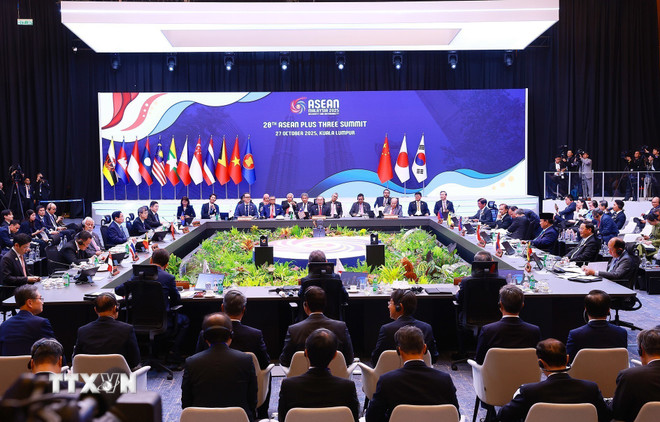
At the Conference, Prime Minister Pham Minh Chinh shared the leaders' assessment of the strategic value of ASEAN+3 in the context of rapidly changing and complex geopolitical and geoeconomic conditions, and increasing risks to the economy and development.
The Prime Minister expects ASEAN+3 to become more closely united, more effectively connected, and more innovative in order to continue inclusive and sustainable development, and to effectively respond to external challenges and shocks. Accordingly, the Prime Minister proposed three directions for strengthening ASEAN+3 cooperation in the new context.
Firstly, improve the quality of economic, trade, and investment cooperation, digital transformation, and green transformation in the region; effectively utilize the ASEAN-China 3.0 FTA, while urgently reviewing and upgrading FTAs between ASEAN and Japan and South Korea; expand RCEP and link RCEP with other regions to diversify markets and supply chains; promote investment in digital infrastructure and data centers; strengthen digital trade cooperation, improve databases, enhance economic governance capacity, and support effective digitalization.
Secondly, the Prime Minister emphasized strengthening the region's resilience and self-reliance; implementing APTERR and RFF synchronously and effectively; promoting energy security cooperation and research and development of emergency energy reserves; and investing in the development of climate change adaptation infrastructure and early warning mechanisms for natural disasters in the region. He also requested that East Asian countries support ASEAN countries in need of nuclear power development, transferring technology, sharing experiences, training human resources, and ensuring nuclear safety; and proposed connecting the financial centers of ASEAN+3 countries to attract more green finance flows to support digital transformation and green transformation in the region.
Third, unity and close coordination are essential to maintaining a peaceful, secure, and stable environment for development. ASEAN+3 must be a mechanism to maintain solidarity, promote dialogue, build trust, strengthen comprehensive, inclusive, and sustainable cooperation, effectively address common challenges in the region and the world, and cooperate in protecting cyberspace that affects human rights and the people of the region.
The Prime Minister emphasized that whether it's the Korean Peninsula, the South China Sea, or any other issue, the most important factor is that countries must respect international law, the United Nations Charter, the 1982 United Nations Convention on the Law of the Sea (UNCLOS), engage in frank dialogue, cooperate sincerely, trust and respect each other, resolve disputes peacefully, and together shape an open, inclusive, transparent, rules-based regional architecture with ASEAN playing a central role.
At the conclusion of the Conference, the ASEAN+3 Leaders adopted a Declaration on Strengthening Regional Economic and Financial Cooperation.
Source: https://www.vietnamplus.vn/thu-tuong-pham-minh-chinh-du-hoi-nghi-cap-cao-asean3-lan-thu-28-post1073009.vnp







![[Photo] Prime Minister Pham Minh Chinh attends the Conference summarizing and implementing tasks of the judicial sector.](/_next/image?url=https%3A%2F%2Fvphoto.vietnam.vn%2Fthumb%2F1200x675%2Fvietnam%2Fresource%2FIMAGE%2F2025%2F12%2F13%2F1765616082148_dsc-5565-jpg.webp&w=3840&q=75)
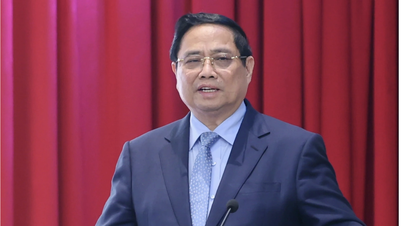

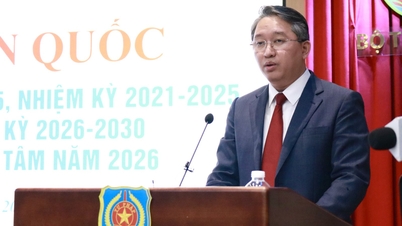



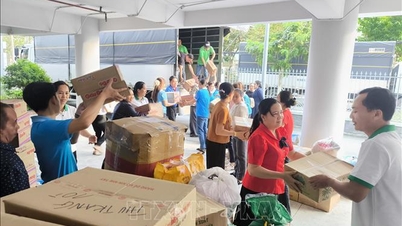



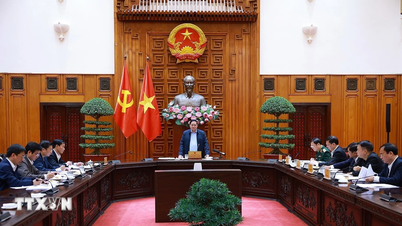
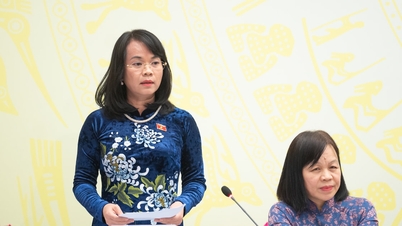

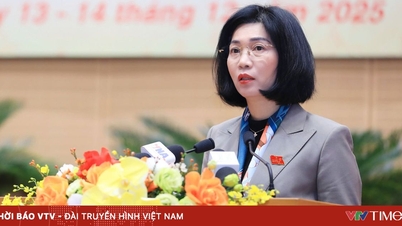
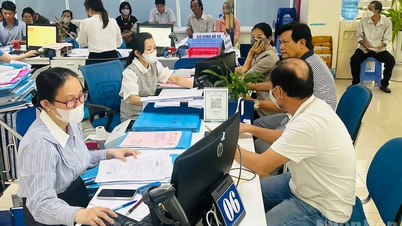

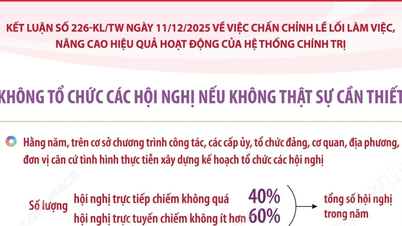
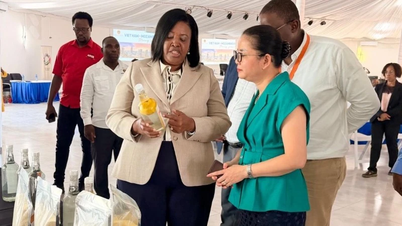





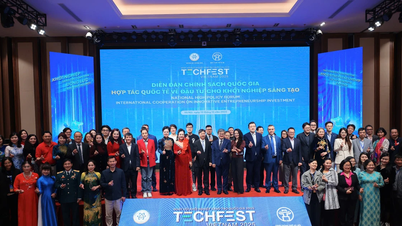
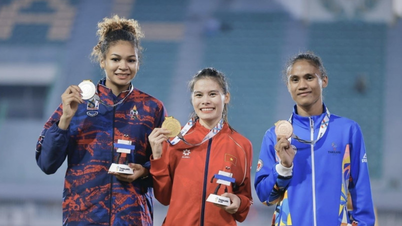

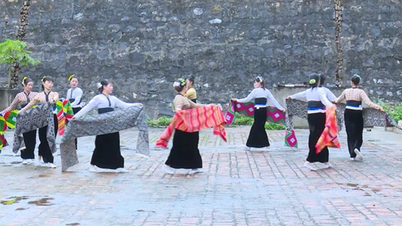
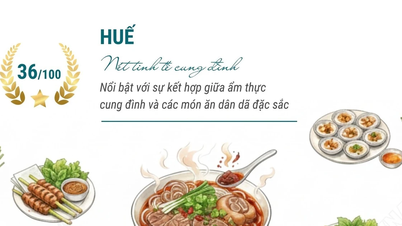






































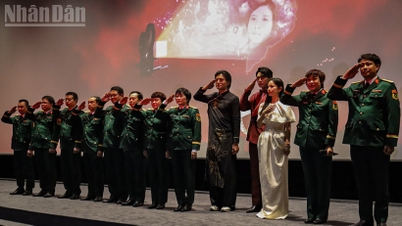
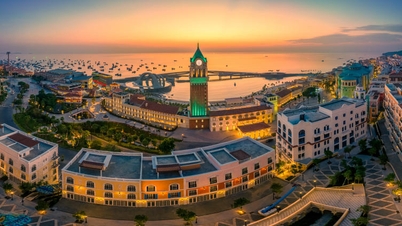
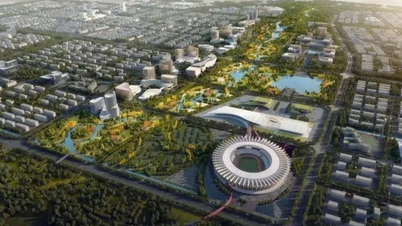



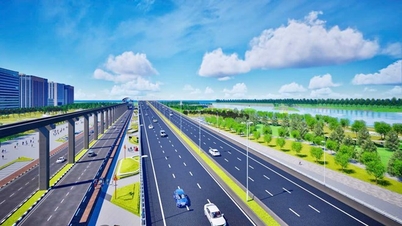
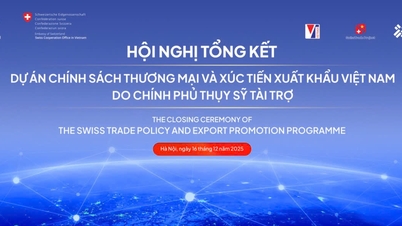

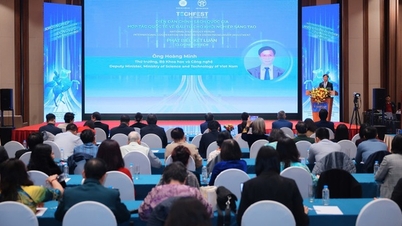

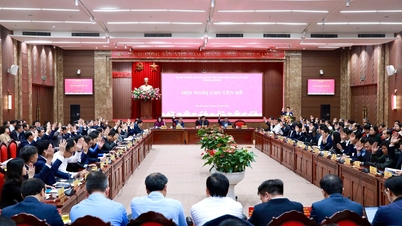

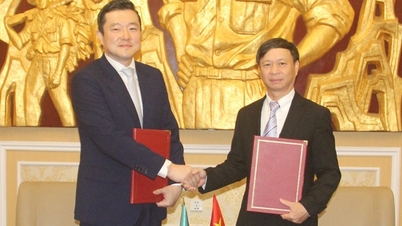

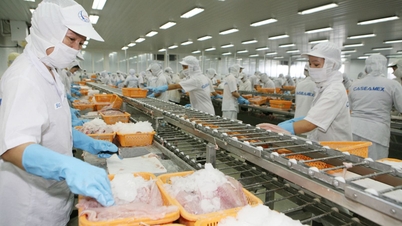
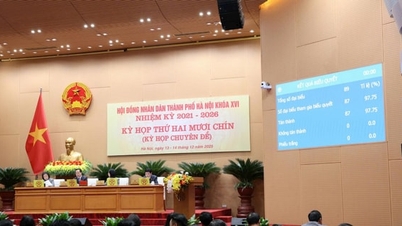

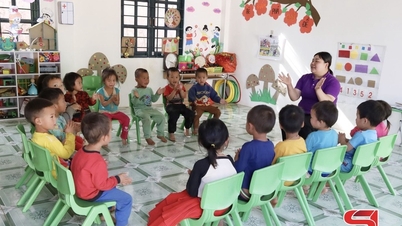

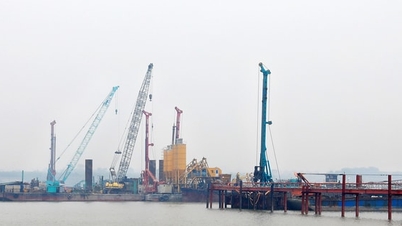
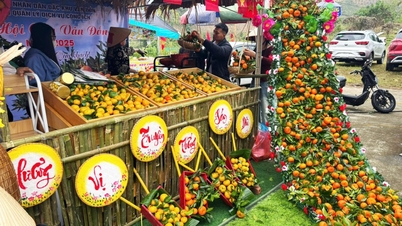

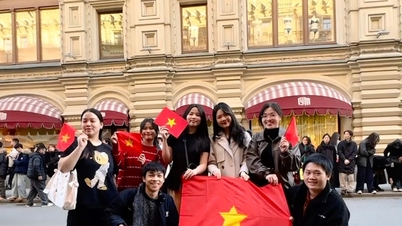

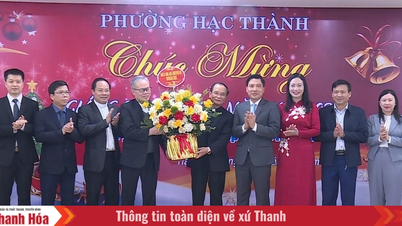










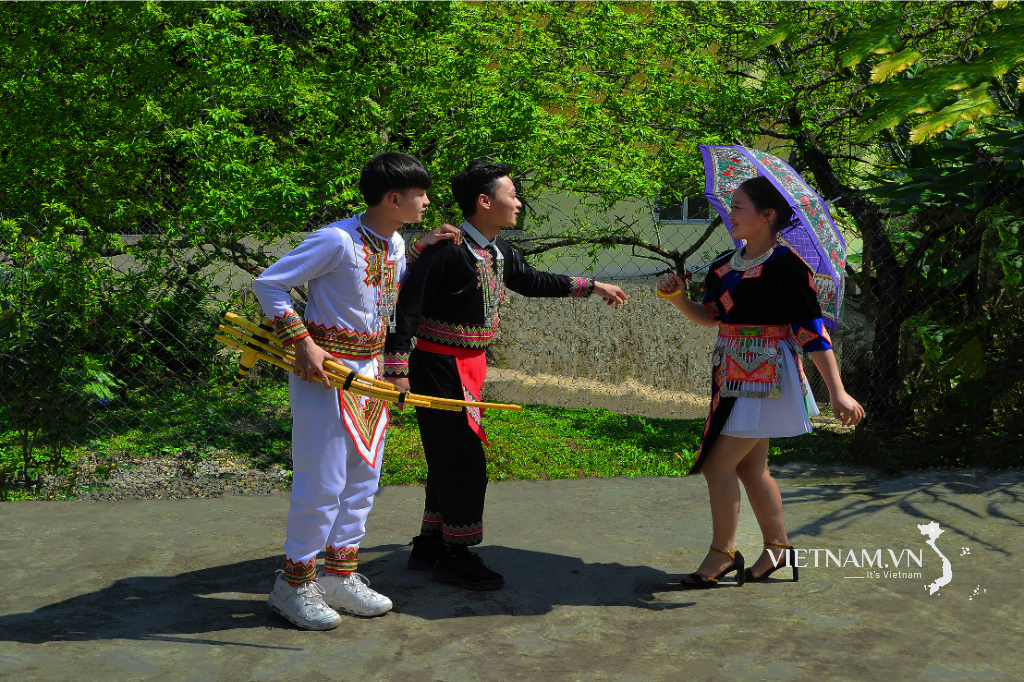

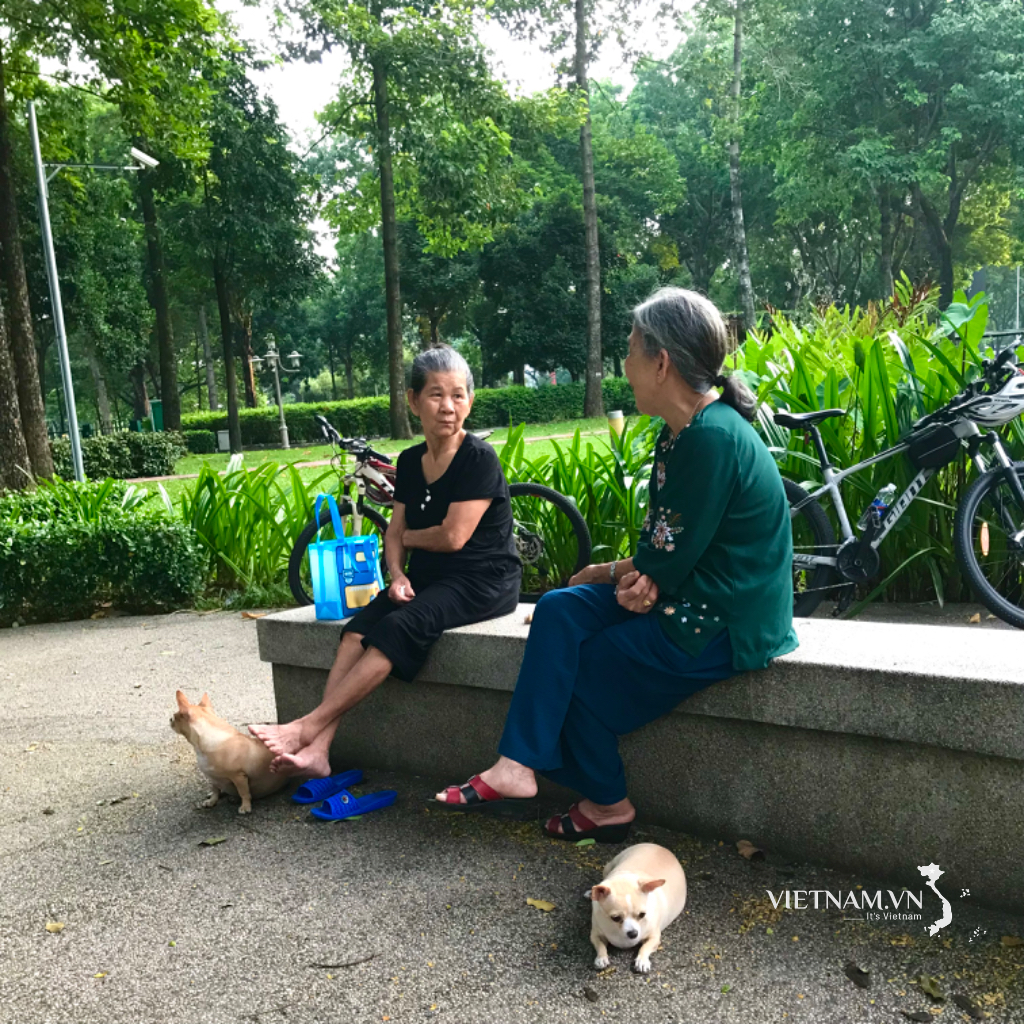

Comment (0)